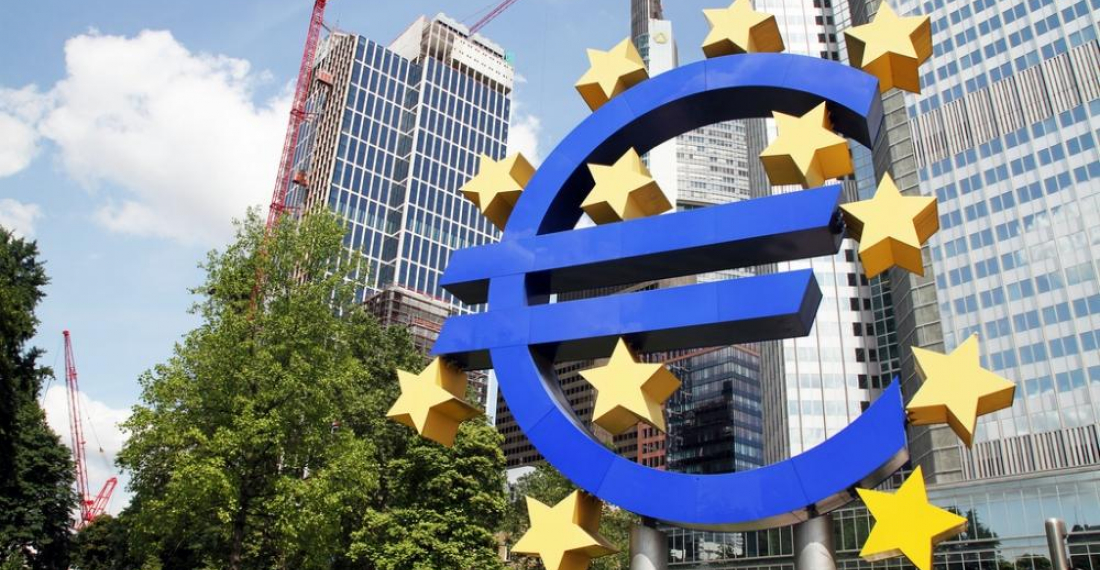The majority of citizens of the eurozone countries are in favour of abolishing the 1- and 2-cent coins and rounding up cash payments to 5 eurocents. In a consultation on the future of the smallest euro coins, 67 per cent were in favour of abolishing them, reports the European Commission.
The Commission will decide on the future of the coins at the end of this year. The European Union is considering submitting a legislative proposal on a rounding rule for all nineteen euro countries and possibly even ceasing to issue the 1 and 2 euro cents.
The EU Member States of the Netherlands, Belgium, Finland, Ireland and Italy have already independently opted for a rounding rule down to 5 euro cents. In all euro countries a majority of the population is in favour of abolishing the smallest coins. On average 72 per cent consider them "not useful", and 71 per cent are in favour of introducing a European rounding rule.
According to EU rules, the Commission must investigate the costs and social acceptance of the use of euro coins.







